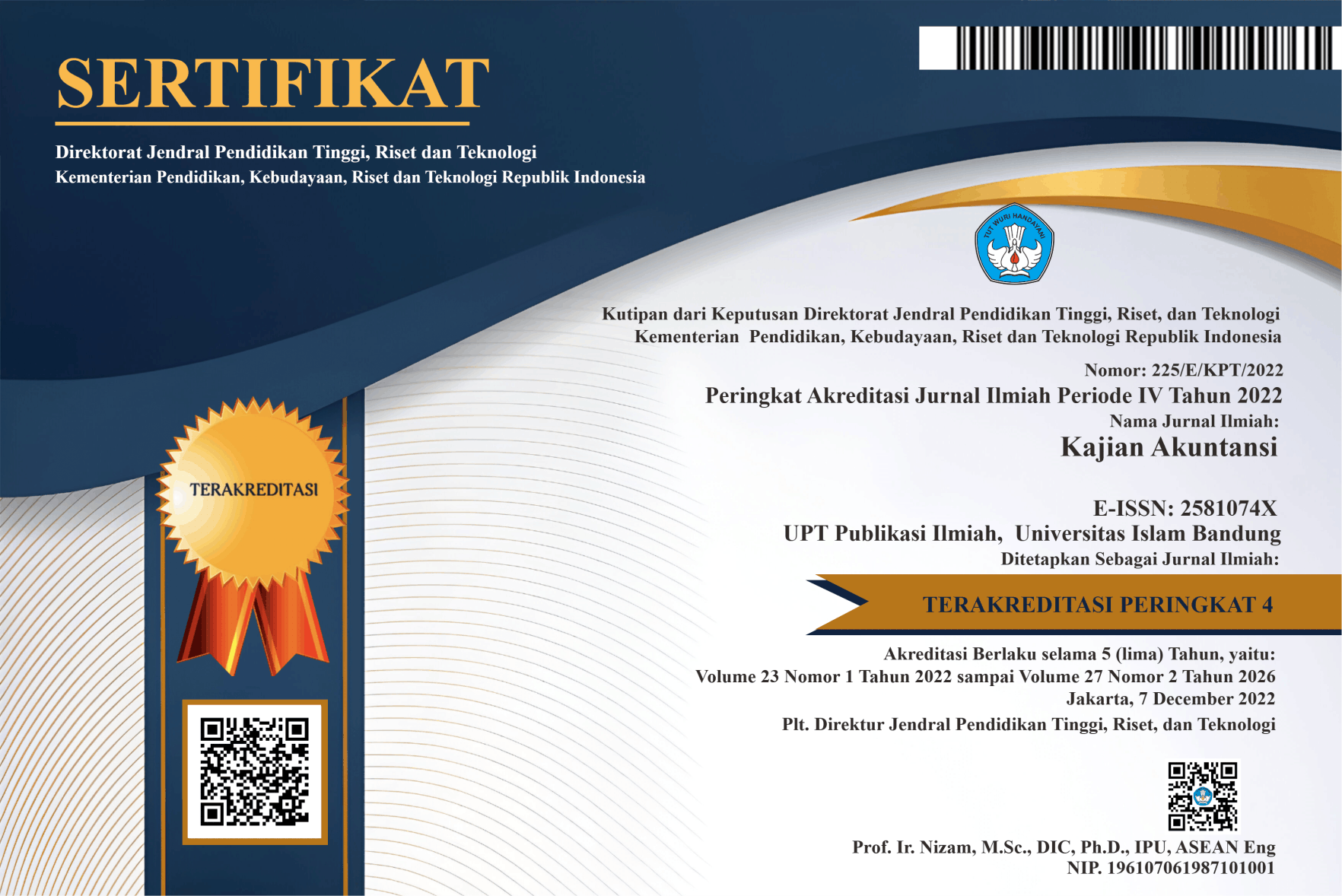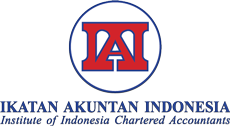Peer Review Process
Accounting Studies applies double-blind peer review for each manuscript involving the editor and 2 (two) reviewers. The decision of an article to be published in a journal considers several factors such as the relevance of the article and its contribution to the development of accounting practice and the accounting profession as well as compliance with the requirements of published articles. Editors and reviewers provide constructive evaluations and suggestions for authors.
The review process in Accounting Studies consists of the following stages, where the editor will make a decision at each stage.
1. Detect plagiarism using Turnitin software
2. Initial evaluation by editor
3. Double-blind peer review process by 2 (two) reviewers
4. Final review by editor
Accounting Studies do not allow plagiarism. All submitted articles will be screened using Turnitin software, to detect whether the manuscript contains plagiarism.














